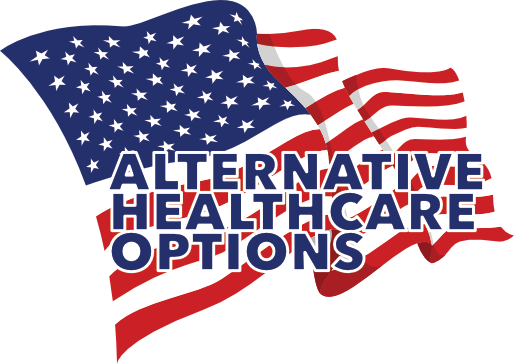In today’s competitive business landscape, attracting and retaining top talent is more challenging than ever. One of the most effective strategies to enhance employee satisfaction and loyalty is by offering flexible group healthcare plans. These plans not only cater to the diverse needs of a multigenerational workforce but also demonstrate a company’s commitment to employee well-being.
Understanding Flexible Group Healthcare Plans
Flexible group healthcare plans, often referred to as “cafeteria plans,” allow employees to customize their benefits package according to their individual needs. Instead of a one-size-fits-all approach, employees can choose from a variety of benefits, including health insurance options, dental and vision coverage, flexible spending accounts (FSAs), and more. This customization empowers employees to select benefits that align with their personal circumstances and health requirements.
Advantages of Flexible Group Healthcare Plans
- Personalization of Benefits
Every employee has unique healthcare needs. Flexible plans enable individuals to tailor their benefits, ensuring they receive the most relevant coverage. For instance, a young professional might prioritize wellness programs and preventive care, while an employee with a family may focus on comprehensive health insurance and dependent care options.
- Enhanced Employee Satisfaction and Retention
When employees feel their employer understands and supports their personal needs, job satisfaction increases. Offering flexible benefits demonstrates a company’s commitment to its workforce, leading to higher retention rates and a more engaged team.
- Cost Management for Employers
Flexible plans often operate on a defined contribution model, where employers allocate a specific amount for each employee’s benefits. This approach provides financial predictability and helps in managing benefits budgets effectively.
- Attraction of Top Talent
In a competitive job market, offering customizable benefits can be a significant differentiator. Prospective employees are more likely to choose employers who provide benefits that can be tailored to their personal needs.
Implementing Flexible Group Healthcare Plans
- Assess Employee Needs
Conduct surveys or focus groups to understand the specific healthcare needs and preferences of your workforce. This data-driven approach ensures the benefits offered are relevant and valued by employees.
- Partner with Reputable Providers
Collaborate with insurance providers that offer a range of options suitable for a diverse workforce. Ensure these providers have a track record of excellent service and comprehensive coverage options.
- Educate Employees
Provide clear communication and resources to help employees understand their options. Offer workshops, informational sessions, and one-on-one consultations to assist them in making informed decisions about their benefits.
- Regularly Review and Adjust Plans
Healthcare needs and industry standards evolve over time. Regularly assess the effectiveness of the benefits offered and make necessary adjustments to meet changing employee needs and preferences.
Flexible group healthcare plans are a powerful tool for enhancing employee satisfaction and retention. By offering personalized benefits, employers not only meet the diverse needs of their workforce but also position themselves as attractive and supportive workplaces. Implementing such plans requires thoughtful assessment and ongoing communication, but the rewards in employee engagement and loyalty are well worth the effort.
FAQs
- What is a flexible group healthcare plan?
A flexible group healthcare plan, or cafeteria plan, allows employees to customize their benefits package by choosing from a variety of options, such as health insurance, dental and vision coverage, and flexible spending accounts.
- How do flexible healthcare plans benefit employers?
These plans can lead to higher employee satisfaction and retention, attract top talent, and provide cost management benefits through defined contribution models.
- Are flexible healthcare plans more expensive for employers?
Not necessarily. While there may be initial setup costs, the defined contribution model offers financial predictability and can help manage benefits budgets effectively.
- Can small businesses implement flexible healthcare plans?
Yes, small businesses can implement these plans. It’s essential to assess employee needs and partner with providers that offer suitable options for smaller organizations.
- How can employees make the most of flexible healthcare plans?
Employees should assess their personal healthcare needs, attend informational sessions provided by their employer, and utilize available resources to make informed decisions about their benefits selections.

